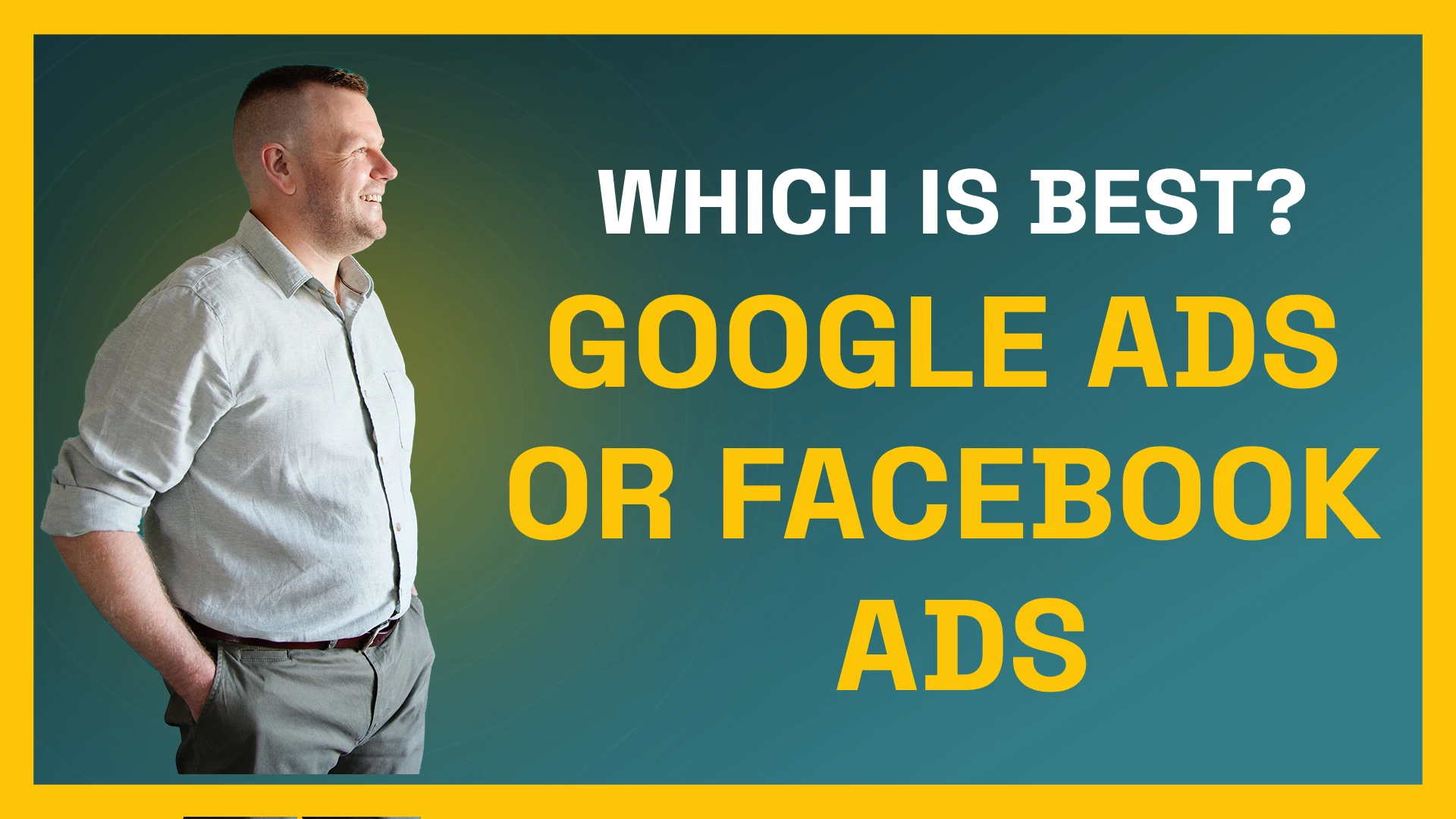
Google Ads: Capturing Active Search Intent
Google Ads, formerly known as Google AdWords, operates primarily through a pay-per-click (PPC) advertising model. Here’s why they might be the right choice for your business:
- High Intent Targeting: Google Ads display your advertisement to users actively searching for keywords related to your products or services. This means your ads reach users who have a high intent of purchasing or engaging.
- Vast Reach: Google’s extensive network ensures your ads can reach a significant portion of internet users, drawing from a massive pool of search queries.
- Flexible Budgeting: You can start with any budget and adjust your spending based on the ad performance and business requirements.
- Measurable ROI: With advanced tracking options, it’s easy to measure your return on investment, allowing you to see exactly what you’re getting out of your spend.
Facebook Ads: Building Brand Awareness
Facebook Ads provide a robust platform for creating highly targeted campaigns. Consider Facebook Ads for these reasons:
- Detailed Demographic Targeting: Facebook offers unparalleled targeting options based on demographics, interests, behaviors, and more. This allows for highly customized ad experiences.
- Visual Engagement: Ads on Facebook are more visually-driven, which can be more engaging through images, videos, and other rich media formats.
- Increased Engagement: With features like likes, comments, and shares, Facebook ads can encourage greater interaction and foster community around your brand.
- Brand Loyalty: By engaging users through their entire customer journey, Facebook helps build stronger brand loyalty and customer relationships.
Which Platform is Right for You?
Choosing between Google Ads and Facebook Ads often depends on your specific business goals:
- For Immediate Sales: If you’re looking to drive immediate sales from users who are searching for specific products or services, Google Ads may be more effective.
- For Building Awareness and Engagement: If you want to build brand awareness or create a community around your brand, Facebook Ads might be the better choice.
Integration for Maximum Impact
At Onside Online, we often recommend a balanced approach that utilizes the strengths of both platforms. By integrating Google Ads and Facebook Ads into a comprehensive digital marketing strategy, businesses can engage their audience at multiple touchpoints, maximizing both immediate returns and long-term brand equity.
In Summary
Whether you choose Google Ads, Facebook Ads, or a combination of both, what’s most important is aligning your advertising strategy with your overall business goals. At Onside Online, we specialize in creating tailored marketing solutions that help our clients achieve measurable success in their digital marketing efforts. If you’re looking for expert advice on setting up and managing effective ad campaigns that deliver results, we are here to help.
Leigh Reading
Owner and Founder, Onside Online
